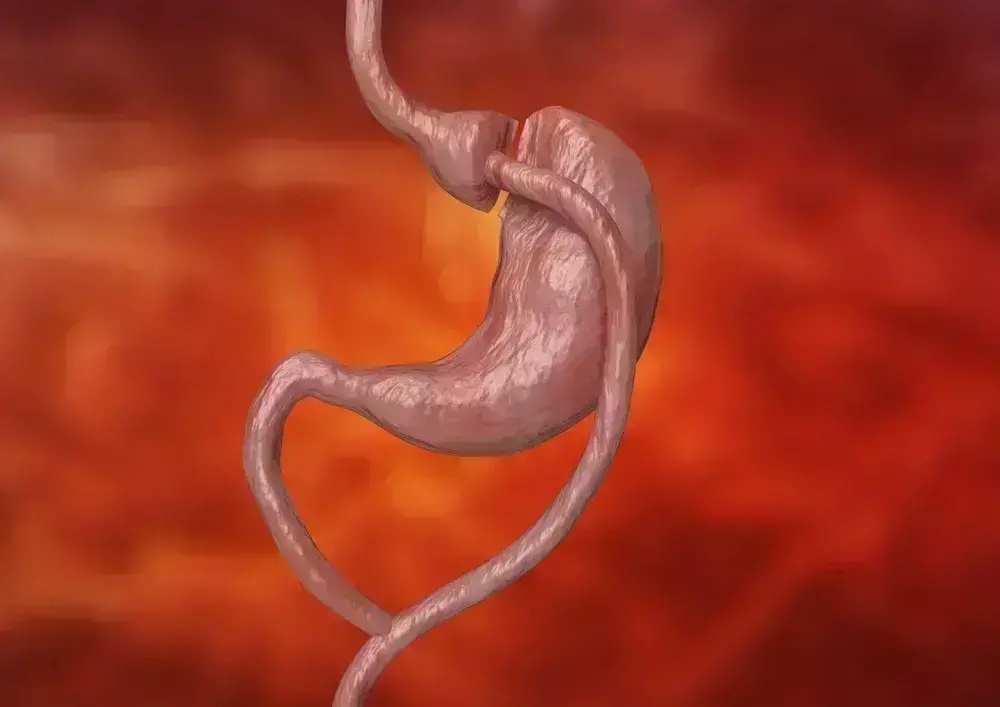- Home
- Medical news & Guidelines
- Anesthesiology
- Cardiology and CTVS
- Critical Care
- Dentistry
- Dermatology
- Diabetes and Endocrinology
- ENT
- Gastroenterology
- Medicine
- Nephrology
- Neurology
- Obstretics-Gynaecology
- Oncology
- Ophthalmology
- Orthopaedics
- Pediatrics-Neonatology
- Psychiatry
- Pulmonology
- Radiology
- Surgery
- Urology
- Laboratory Medicine
- Diet
- Nursing
- Paramedical
- Physiotherapy
- Health news
- Fact Check
- Bone Health Fact Check
- Brain Health Fact Check
- Cancer Related Fact Check
- Child Care Fact Check
- Dental and oral health fact check
- Diabetes and metabolic health fact check
- Diet and Nutrition Fact Check
- Eye and ENT Care Fact Check
- Fitness fact check
- Gut health fact check
- Heart health fact check
- Kidney health fact check
- Medical education fact check
- Men's health fact check
- Respiratory fact check
- Skin and hair care fact check
- Vaccine and Immunization fact check
- Women's health fact check
- AYUSH
- State News
- Andaman and Nicobar Islands
- Andhra Pradesh
- Arunachal Pradesh
- Assam
- Bihar
- Chandigarh
- Chattisgarh
- Dadra and Nagar Haveli
- Daman and Diu
- Delhi
- Goa
- Gujarat
- Haryana
- Himachal Pradesh
- Jammu & Kashmir
- Jharkhand
- Karnataka
- Kerala
- Ladakh
- Lakshadweep
- Madhya Pradesh
- Maharashtra
- Manipur
- Meghalaya
- Mizoram
- Nagaland
- Odisha
- Puducherry
- Punjab
- Rajasthan
- Sikkim
- Tamil Nadu
- Telangana
- Tripura
- Uttar Pradesh
- Uttrakhand
- West Bengal
- Medical Education
- Industry
Gastric bypass may reduce CV risk independent of weight loss, suggests JAMA study

Gastric bypass may reduce CV risk independent of weight loss, suggests a study published in the JAMA Surgery.
Roux-en-Y gastric bypass (RYGB) is associated with reduced cardiovascular (CV) risk factors, morbidity, and mortality. Whether these effects are specifically induced by the surgical procedure or the weight loss is unclear. A study was done to compare 6-week changes in CV risk factors in patients with obesity undergoing matching caloric restriction and weight loss by RYGB or a very low-energy diet (VLED). This nonrandomized controlled study (Impact of Body Weight, Low Calorie Diet, and Gastric Bypass on Drug Bioavailability, Cardiovascular Risk Factors, and Metabolic Biomarkers [COCKTAIL]) was conducted at a tertiary care obesity center in Norway. Participants were individuals with severe obesity preparing for RYGB or a VLED. Recruitment began February 26, 2015; the first patient visit was on March 18, 2015, and the last patient visit (9-week follow-up) was on August 9, 2017. Data were analyzed from April 30, 2021, through June 29, 2023.
Results Among 78 patients included in the analyses, the mean (SD) age was 47.5 (9.7) years; 51 (65%) were women, and 27 (35%) were men. Except for a slightly higher mean (SD) body mass index of 44.5 (6.2) in the RYGB group (n = 41) vs 41.9 (5.4) in the VLED group (n = 37), baseline demographic and clinical characteristics were similar between groups. Major atherogenic blood lipids (low-density lipoprotein cholesterol, non–high-density lipoprotein cholesterol, apolipoprotein B, lipoprotein[a]) were reduced after RYGB in comparison with VLED despite a similar fat mass loss. Mean between-group differences were −17.7 mg/dL (95% CI, −27.9 to −7.5), −17.4 mg/dL (95% CI, −29.8 to −5.0) mg/dL, −9.94 mg/dL (95% CI, −15.75 to −4.14), and geometric mean ratio was 0.55 U/L (95% CI, 0.42 to 0.72), respectively. Changes in glycemic control and blood pressure were similar between groups. This study found that clinically meaningful reductions in major atherogenic blood lipids were demonstrated after RYGB, indicating that RYGB may reduce CV risk independent of weight loss.
Reference:
Karlsson C, Johnson LK, Greasley PJ, et al. Gastric Bypass vs Diet and Cardiovascular Risk Factors: A Nonrandomized Controlled Trial. JAMA Surg. Published online July 03, 2024. doi:10.1001/jamasurg.2024.2162
Dr Kamal Kant Kohli-MBBS, DTCD- a chest specialist with more than 30 years of practice and a flair for writing clinical articles, Dr Kamal Kant Kohli joined Medical Dialogues as a Chief Editor of Medical News. Besides writing articles, as an editor, he proofreads and verifies all the medical content published on Medical Dialogues including those coming from journals, studies,medical conferences,guidelines etc. Email: drkohli@medicaldialogues.in. Contact no. 011-43720751
Dr. Shravani Dali has completed her BDS from Pravara institute of medical sciences, loni. Following which she extensively worked in the healthcare sector for 2+ years. She has been actively involved in writing blogs in field of health and wellness. Currently she is pursuing her Masters of public health-health administration from Tata institute of social sciences. She can be contacted at editorial@medicaldialogues.in.


